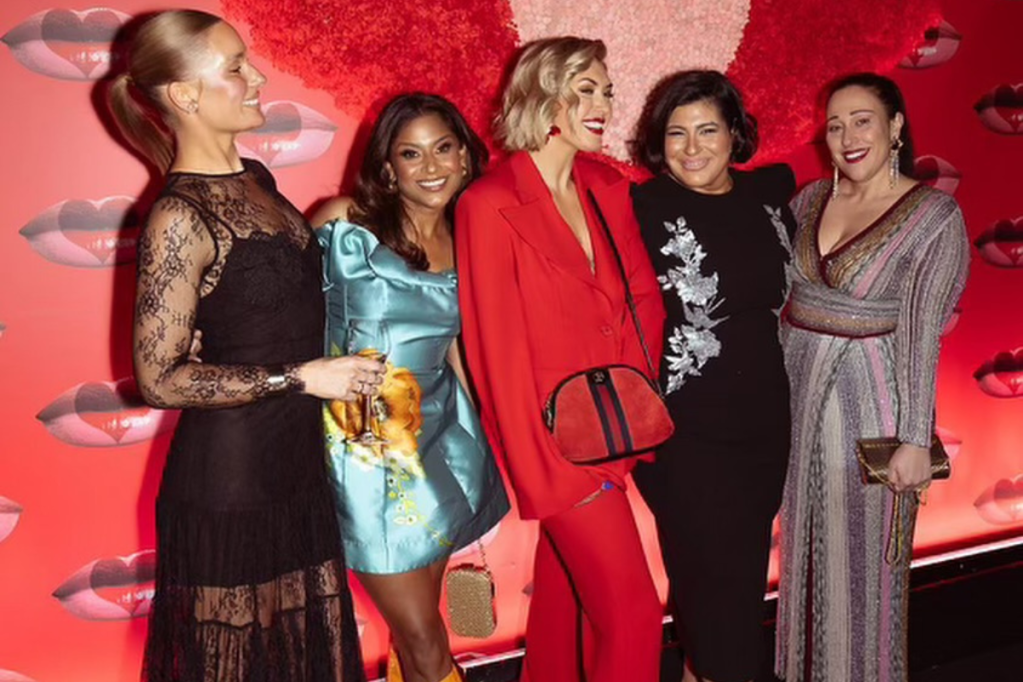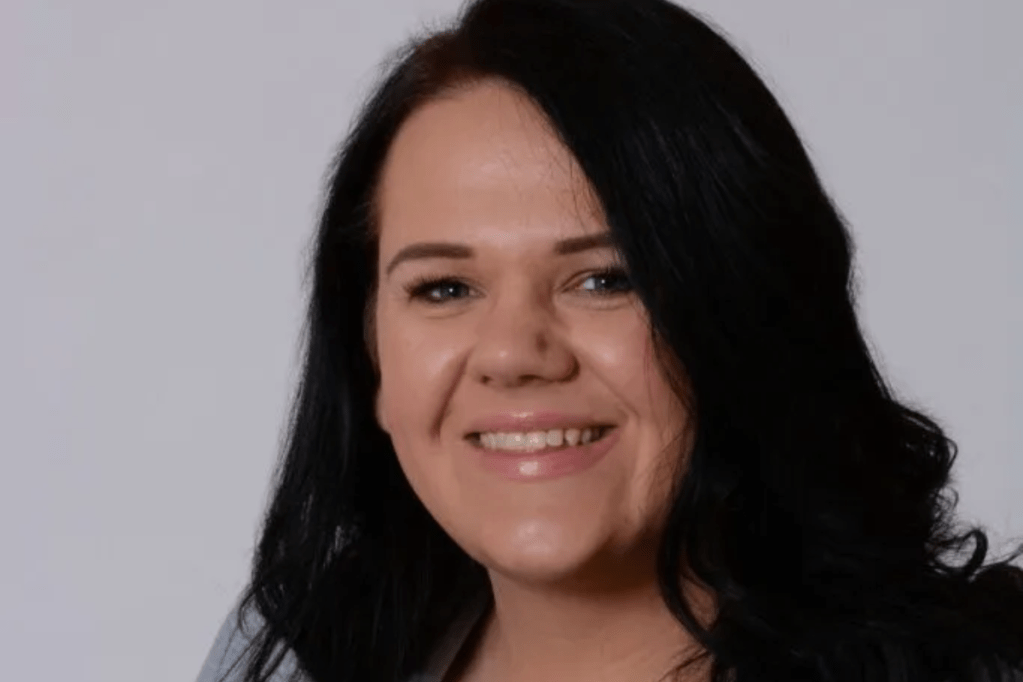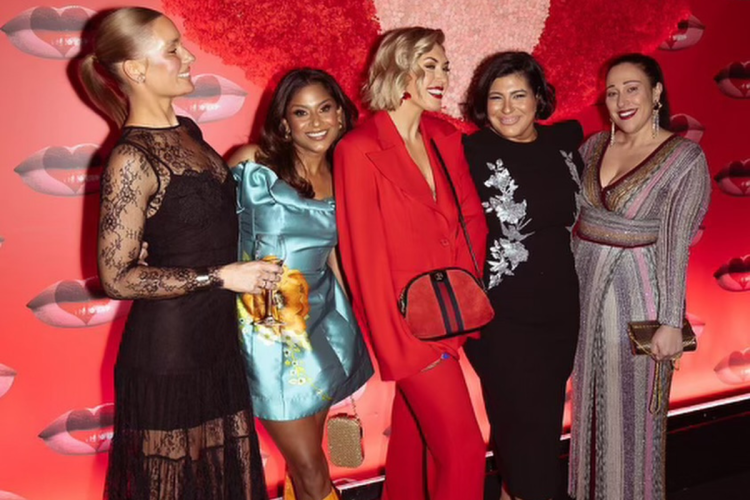From closet clean-outs to stylish second-hand steals and hired outfits, here’s how South Australia is making fashion feel good again.
Ever stared into your wardrobe, feeling slightly judged by all those clothes you never wear? You’re not alone.
Australians buy 53 items of clothing each year – and that doesn’t even include socks and underwear. Collectively, we send around 222,000 tonnes of clothing to landfill annually.
Goodbye stigma, hello style: The rise of circular fashion
The good news? For the first time in 30 years, there’s been a drop in Australian clothing consumption – from 56 to 53 items per person annually. “There’s been real progress,” says Green Industries SA (GISA) lead educator Shani Wood. “But we’ve still got work to do.”
Recently, Shani visited an Adelaide primary school to talk about sustainability.
“One student asked me if op shop clothes smelled bad,” she says. “There’s still a stigma around second-hand clothes, but attitudes are shifting. Young people are increasingly open to sustainable fashion.”
Circular fashion – keeping clothes in use for as long as possible through reuse, recycling, and careful purchasing – is key to this shift.
“People still ask me if fashion can even be circular,” Shani says. “Absolutely, it can! It means choosing sustainable options first, buying durable items that last, repairing things when needed, and passing them on to others or recycling them at the end of their life.”

The fashion queen championing sustainability
Fashion sustainability guru Eli Moulton, founder of Plus One Dress Hire (and winner of the Absolute Best Sustainability Award at the 2024 SALIFE Awards), says sustainable fashion isn’t just good ethics – it’s also good style.
Eli started Plus One during her own pregnancy, spotting a gap for stylish maternity rental clothes.
“I was heavily pregnant and definitely noticed my body changing at a rapid rate,” she recalls. “I had girlfriends who were pregnant at the same time, wanting to borrow things I’d bought.”
Initially running her small business from home, Eli soon found demand ramping up.
“I was seeing 10 to 15 girls a day at my house,” she says. “God knows what the neighbours thought.”
After the COVID-19 lockdown was lifted, business surged back with a vengeance. Eli expanded Plus One into a sustainability hub on King William Rd, catering to a diverse range of sizes from 6 to 22, not just maternity wear.
Today, Plus One is all about making fashion fun, affordable, and eco-friendly.
“There’s been a huge shift – people no longer care if a friend has worn something before,” Eli says. “Now they’ll happily borrow a dress their mate wore last weekend. That never would have happened five years ago.”
Eli, who is currently pregnant with her second child – a girl – adds, “I want my daughter to grow up without feeling pressure to always buy something new. By the time she’s wearing dresses, I hope sustainability is even more normalised.”

Sustainability chic: Eli’s top tips
Ready to start a new relationship with your wardrobe? Here’s how:
Prioritise quality over quantity: Building a timeless, capsule wardrobe saves you cash long-term.
Buy pre-loved: It’s how Eli’s found many of her most popular items – and it’s the most sustainable way to shop
Borrow from friends: It’s budget-friendly and fun.
Care for your clothes: Washing and drying them the right way makes them last much longer.
Rent for special occasions: Nothing to wear for your next big event? No, it doesn’t mean you need to drop a bomb on a new frock.

Clear your closet (and your conscience)
Looking to do a wardrobe declutter? Here’s how to do it in the most eco-friendly way.
Clothing and footwear? Charity stores across SA happily accept high-quality clothing and footwear all year round. Find one close to home, check their opening hours, and drop your goods in the provided bins. Just remember: if you wouldn’t give it to a mate, don’t donate!
Shani says it’s crucial that donations are of good enough quality to be useful.
“Op shops are overwhelmed with low-quality stuff,” says Shani. “Good-quality clothes mean they actually sell, funding great causes like helping families escaping domestic violence, asylum seekers, and even animals through the RSPCA.”
Looking to get rid of old household linens? Sheridan Outlet has you covered for bathroom, bedroom, and kitchen linens – just remember to wash it first! You can swing by their Parkside store on Glen Osmond Road, or their store at Harbour Town. Details here.

The difference your drop-off makes
Also keep an eye out for GISA-run events. They just had one on May 24 – Set Your Clothes Free – a massive clothing reuse and linen recycling event across eight metro Adelaide drop-off locations.
GISA’s lead educator, Shani Wood, says it was an expansion of last year’s successful linen drive to include clothing.
“Last year, we had 750 cars dropping off linens alone,” she says.
For more info on circular textiles, check out GISA’s website here.

















